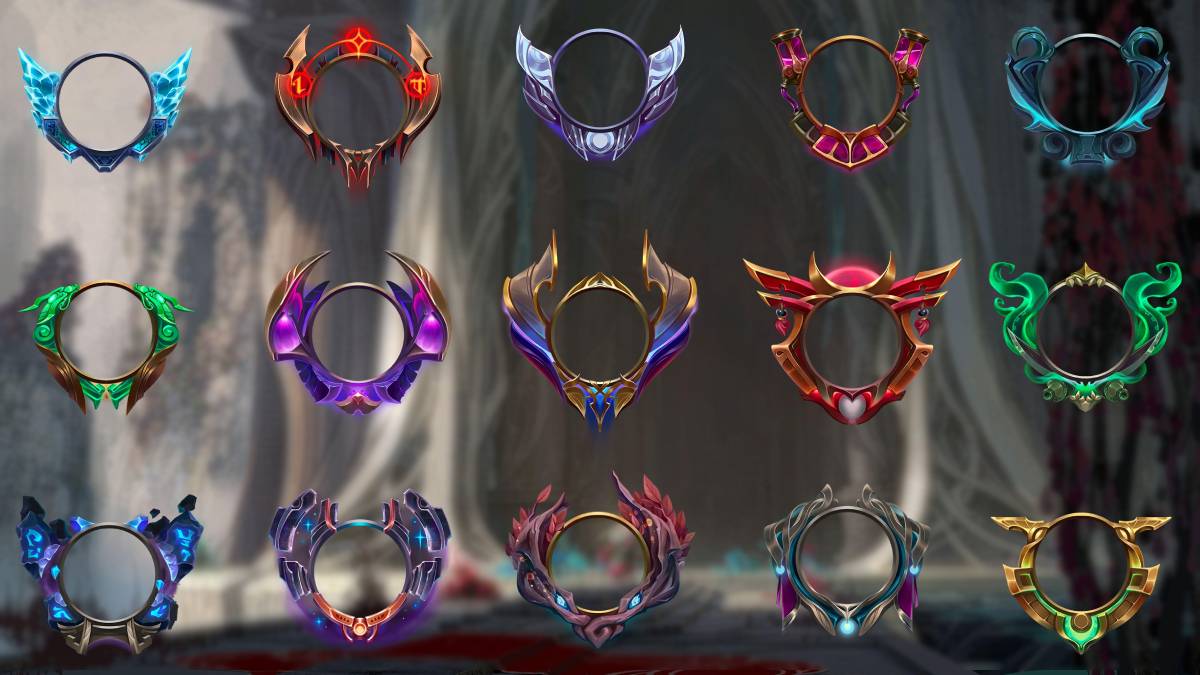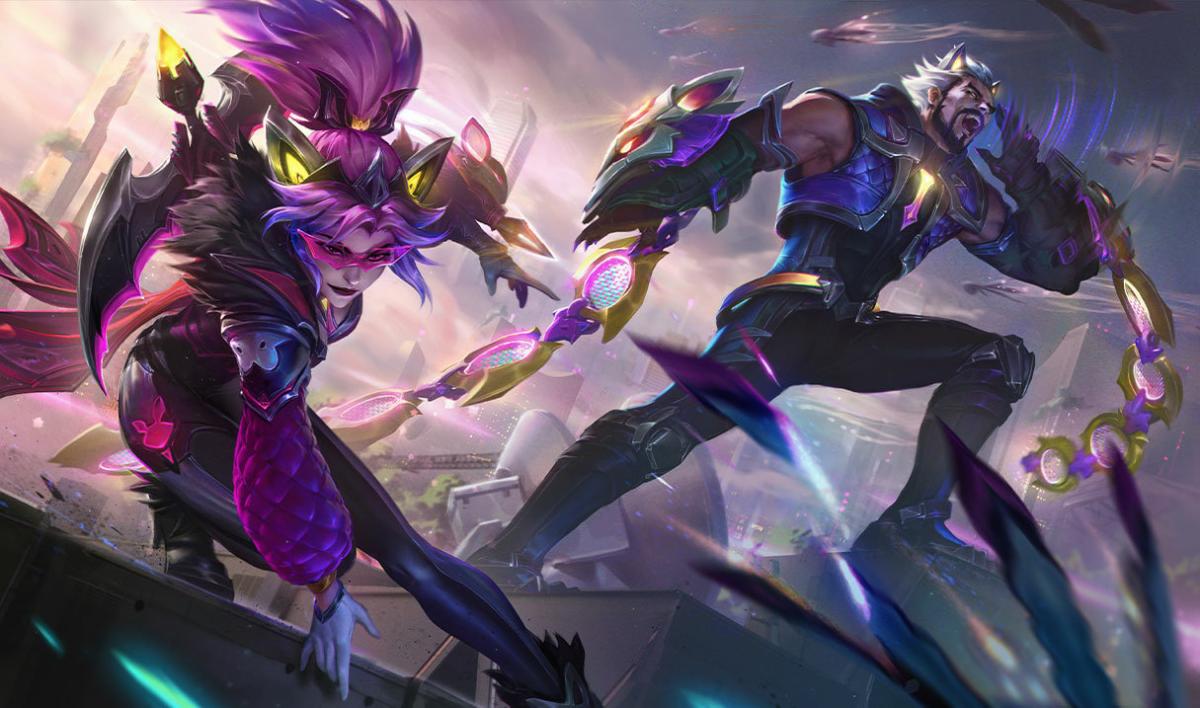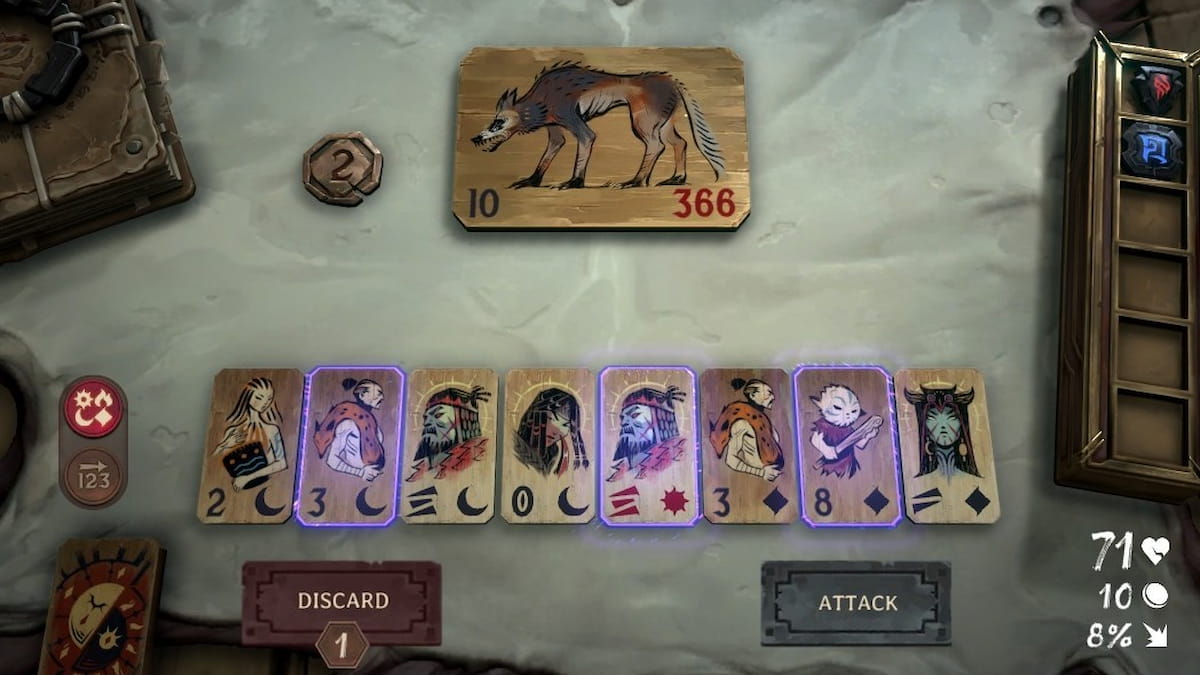In June 2024, Riot Games shared its plan to reshape the League of Legends esports ecosystem by introducing multi-region leagues in the Americas and APAC. This shift will bring together North American, Brazilian, and Latin American leagues into a unified structure called the League of the Americas in 2025.
The announcement meant that this year was the final competitive season for the traditional North American’s LCS, Brazilian’s CBLOL, and Latin America’s LLA leagues.
In 2025, the LTA will adopt a two-conference structure, with North and South conferences replacing the former regional leagues. The LCS will become the LTA North Conference, representing top teams from North America alongside a standout team from Latin America North, and CBLOL will become the South Conference, featuring the best Brazilian teams and a team from Latin America South.

Each conference will host a total of eight teams: six from the former leagues, a Latin American partner team, and a new guest team slot, creating opportunities for up-and-coming teams to compete and possibly earn promotion into the LTA through a second-tier competition system. But this restructuring means two LCS, four CBLOL, and four LLA teams won’t continue into the new format.
LTA North Conference format, explained
LTA North will unite North American and Northern Latin American teams under one banner for a season divided into three Splits as all other major regions.
The first Split of the year will have each team play in a double-elimination, best-of-three bracket to establish rankings. By the end of this stage, the top four teams will face the top four teams from the South Conference in a crossover stage, with the best one moving on to compete in the new third international event.
Split number two will focus on “regional growth,” Riot said, by featuring a double round-robin format in which teams face each other in best-of-one matchups. The top teams will then enter a playoff to compete for a spot at MSI.
The final Split of 2025 will debut Riot’s Pick & Play system, where teams choose their opponents based on prior rankings. Over three weeks, teams will challenge each other to climb the regional rankings and, by the end of the split, only the top three teams will progress to the Americas Regional Championship where they’ll face off against the South Conference’s best teams for a spot at the World Championship and the first LTA trophy.
LTA South Conference format explained
The LTA South Conference will follow the same split structure as the North one.
South teams will compete in a double-elimination format before the top four move on to face the best North teams in a crossover showdown for the first Split. The following Split will involve a double round-robin series, with the winners of the playoff will claim a spot at MSI, ensuring that South America will send a representative to the global stage. In Split Three, the Pick & Play format will bring a new level of intensity as teams select their weekly matchups, with only three among them ultimately advancing to the Americas Regional Championship for the last battle against the North Conference for Worlds qualification and the LTA Trophy.
Americas Regional Championship format explained
The restructured LTA will culminate in a final Americas Regional Championship, or ARC, where top North and South Conference teams will compete for the last League World Championship slot available for the region. In the meantime, the top seeds from each conference will have earned an automatic spot at Worlds.
The competition will feature a double-elimination bracket where top teams from LTA North and LTA South conferences compete head-to-head in best-of-five matches. Key ARC matches will rotate annually between North and South America, bringing the excitement of live competition to fans across the region.
With the LTA, Riot aims to create a more unified and competitive experience for players and fans across the Americas. While enhancing the journey of regional teams to Worlds, the new competition will elevate the narratives and storylines while hoping to bring more eyes onto the Americas region.













Published: Oct 31, 2024 12:00 pm